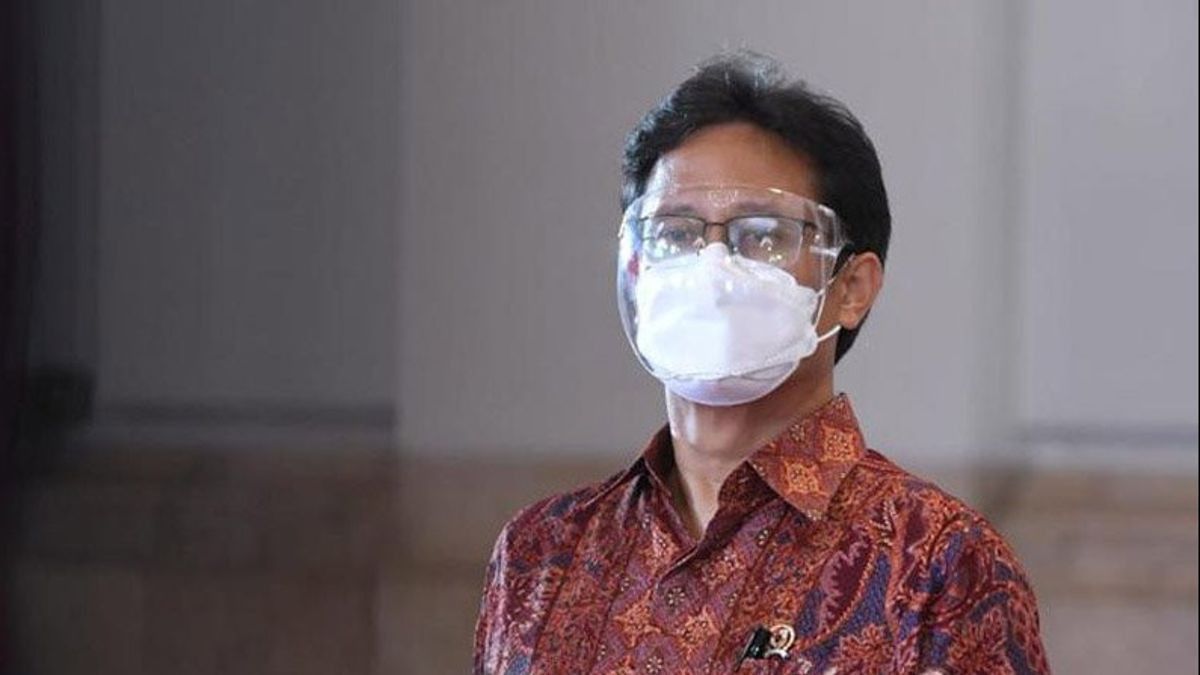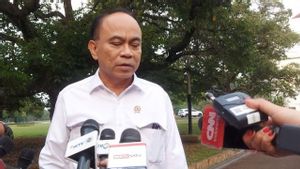Minister of Health Budi Gunadi Sadikin said that the case of acute atypical acute kidney failure (AKI) in Indonesia is currently not in the status of extraordinary events (KLB).
"Regarding the status of the KLB, we have discussed it, it has not been included in the KLB," Budi said at a press conference at the Ministry of Health's office, Friday, October 21.
Budi explained, as of October 21, 2022, there have been 241 cases of acute kidney failure in 22 provinces. A total of 133 cases died with a percentage of 55 percent of the total cases.
In detail, in January there were 2 cases recorded, February 0 cases, March 2 cases, April 0 cases, May 5 cases, June 3 cases, July 5 cases, August 36 cases, September 78 cases, and October while 110 cases.
Based on the proportion of the age group, cases of acute kidney failure in patients under 1 year were 26 cases, 1-5 years 153 cases, 6-10 years 37 cases, 11-18 years 25 cases.
"We are starting to see a spike in August, an increase of about 36 cases. So as soon as there is an increase, we start doing this research what causes it," he said.
Previously, an epidemiologist from Griffith University Australia, Dicky Budiman, said that it was time for the government to determine the status of an Extraordinary Incident (KLB) in the acute kidney failure disease that hit Indonesia.
Referring to the Regulation of the Minister of Health (Permenkes) Number 1501 of 2010, the KLB status is determined when it arises or increases in pain and/or deaths within a certain period of time that can lead to an outbreak.
"Why should it be determined as a KLB, because the criteria are met. The basic understanding of the KLB is that there is an unusual incident. This (acute kidneygal) is unusual because of death in a relatively similar period and never happened before. This is included in the KLB category," said Dicky.
According to Dicky, the status of KLB as the handling of cases of acute kidney failure is important. Because, when a serious disease is designated as a KLB, the mobilization of resources to coordination is more fulfilled by one regulation.
Thus, the conditions of financial limitations, human resources, and the technology needed in handling cases in an area can be helped.
"Although the government will not be pleasant on the side of the government, showing one incident, for example, drugs in Indonesia are polluted or weaknesses in the aspect of supervision, so what can be done. That's a fact," said Dicky.
The English, Chinese, Japanese, Arabic, and French versions are automatically generated by the AI. So there may still be inaccuracies in translating, please always see Indonesian as our main language. (system supported by DigitalSiber.id)
Most Popular Tags
#Prabowo Subianto #New Year #airplane accident #Hasto Kristiyanto #nataru #squid game 2Popular
03 Januari 2025, 06:15
03 Januari 2025, 00:02
03 Januari 2025, 12:06













